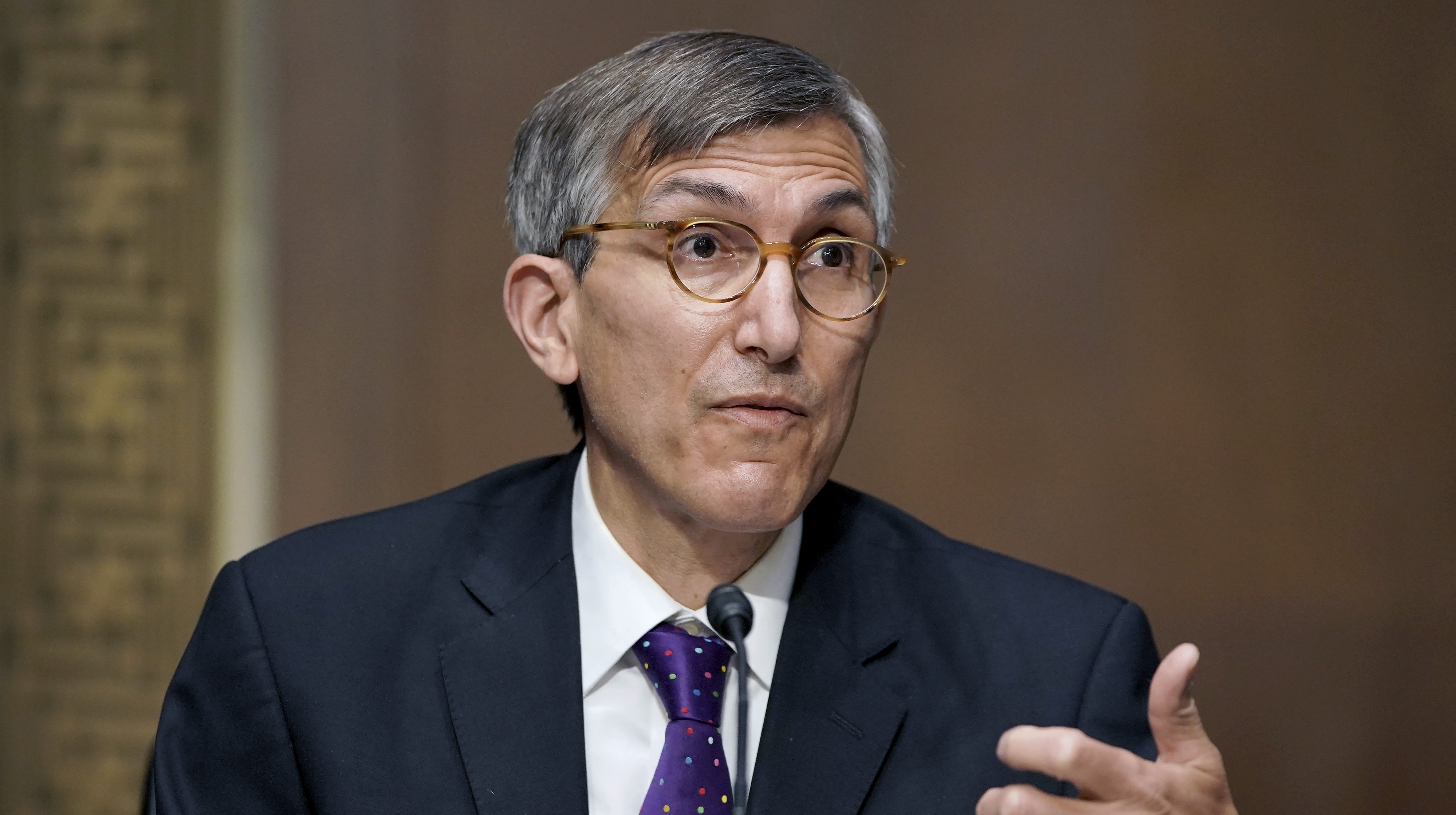Children and teenagers who regularly get too few hours of sleep may be at higher risk of developing high blood pressure, new research indicates. The findings may change how doctors talk with kids and their parents about hypertension.
An analysis of data from more than 500 children and teens with hypertension revealed an association between shorter-than-recommended sleep times and high blood pressure, according to the study, published in Pediatrics.
Watch NBC 5 free wherever you are
While hypertension in kids has been declining, the Centers for Disease Control and Prevention estimates that 1 in 7 young people ages 12 to 19 have hypertension.
The study doesn’t prove that shortened sleep times cause hypertension, but doctors don't typically think of sleep when they counsel parents about high blood pressure, said the study’s lead author, Dr. Amy Kogon, an assistant professor at the University of Pennsylvania Perelman School of Medicine.
Get top local stories in DFW delivered to you every morning with NBC DFW's News Headlines newsletter.
Data for the study came from children and teens seen at a clinic at the Children’s Hospital of Philadelphia, where Kogon is a pediatric kidney specialist.
“We usually target things like diet and exercise,” Kogon said. “This is another thing parents might want to think about, particularly if the child has high blood pressure.”
Major risk factors for hypertension in children and teens include being overweight, not getting enough physical activity and a poor diet, according to the American Heart Association.
U.S. & World
The majority of middle and high school kids in the U.S. are sleep-deprived. In fact, according to the CDC, nearly 60% of middle school kids and more than 70% of high schoolers aren’t getting enough sleep.
As many as a third of elementary school kids get less than the recommended amount of sleep, Kogon said.
The number of hours of sleep children and teens should get depends on age. The American Academy of Sleep Medicine recommends:
- 10 to 13 hours per night for children under age 6.
- 9 to 12 hours per night for children ages 6-12.
- 8 to 10 hours per night for ages 13 to 18.
- 7 to 9 hours per night for ages 18 and older.
It’s important to control blood pressure early in life because the longer someone has hypertension, the higher the risk of developing heart disease, said Dr. Barry Love, director of the congenital cardiac catheterization program at Mount Sinai Kravis Children’s Heart Center.
“We know that high blood pressure is associated with the early onset of coronary disease and stroke,” said Love, who wasn’t involved in the new study. “We think that the damage to blood vessels happens over time.”
For the new study, researchers at Children’s Hospital of Philadelphia examined the medical records of 539 kids, average age 14.6 years, who were referred to pediatric kidney clinics because of high blood pressure readings. The kids were asked when they went to bed and when they got up in the morning. They were also asked to wear ambulatory blood pressure measuring devices, which took readings every 20 minutes while they were awake and every 30 minutes during sleep.
The further sleep duration was from recommended levels, the more likely it was for kids to experience high blood pressure during the day. Kids who went to bed late were also more likely to have hypertension. The findings were consistent regardless of the kids’ ages, sexes and BMI categories.
Too much sleep was also linked to blood pressure issues. Normally, blood pressure drops by around 10% during sleep, but that was less likely when kids slept longer than the recommended amount.
Why can’t kids sleep?
Anxiety causes sleep problems for about 25% of children ages 1 to 6, according to a University of Michigan C.S. Mott Children’s Hospital National Poll. Those kids were less likely to have bedtime routines and more likely to leave on videos or TV shows, their parents reported in the poll, which was released Monday.
Another possible cause of sleep problems: An estimated 59% of kids weren’t turning off their electronic devices at night, the poll found.
It’s not so much the light from the devices that causes problems but rather what the kids are viewing on such devices. Apps like TikTok and Instagram can spoil sleep because they are “difficult to put down and are also stimulating,” Kogon said.
Reading a book on a device, for example, “is probably not the same as flipping through social media,” Kogon said.
Parents shouldn’t allow cellphones in kids’ bedrooms at night, Kogon said. She also suggests kids not have any kind of electronics or TVs in bedrooms.
Dr. Mariana Bedoya, an assistant professor of allergy, immunology, pulmonology and sleep medicine at Monroe Carell Jr. Children’s Hospital at Vanderbilt University in Nashville, Tennessee, said other ways to help improve sleep include:
- Quitting caffeine at least six hours before bed.
- Keeping to regular sleep schedules.
- Avoiding naps for older kids.
“I tell patients not to change their sleep schedule by more than an hour and a half to two hours over the weekend,” said Bedoya, who wasn’t involved in the new study.
Love said it’s tough for kids to get enough sleep these days. “Is it that kids are worrying or eating bad things?” he asked. “There are so many things distracting them from sleep.”
This story first appeared on NBCNews.com. More from NBC News:



